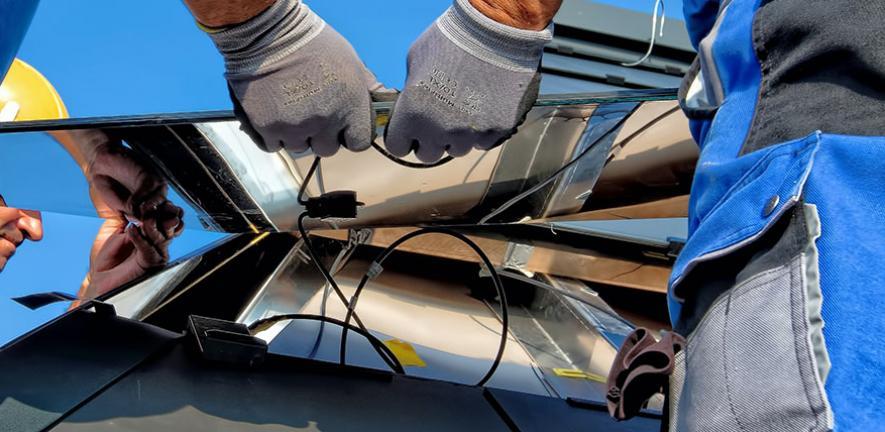
Startups funded by US agency Advanced Research Projects Agency-Energy (ARPA-E) file patents at twice the rate of similar cleantech firms. The UK should trial its own climate-focused ARPA as part of COVID-19 recovery package.
The “innovation advantage” bestowed by ARPA-E – an energy version of the legendary DARPA (Defense Advanced Research Projects Agency) – was not shared by startups funded via other US government initiatives. ARPA-type agencies were developed in the US to fund “high risk, high reward” research with the aim of fostering major breakthroughs, often by providing greater freedom to take on highly ambitious technical challenges.
The new findings offer encouragement to a UK government considering its own British ARPA (or ‘BARPA’), but any agency adopting this model requires a focus in order to flourish – and BARPA’s should be climate, argues Professor Laura Diaz Anadon (Department of Land Economy, University of Cambridge).
The UK should adapt the ARPA model to create an agency for the climate challenge as part of any COVID-19 recovery package. Focusing research and development on next-generation energy storage and renewables, and solutions for decarbonizing shipping, aviation and construction, could boost productivity and deliver large benefits to society,"
Professor Laura Anadon, (Department of Land Economy, University of Cambridge)
ARPA-E was established at the US Department of Energy under Obama, using a portion of the economic stimulus package that followed the 2009 financial crisis. To date, it has allocated $3.38bn (USD). The aim was to accelerate innovation in “clean” technologies such as biofuels, smart grids and solar power at a time when it was out of favour with Venture Capital investors, due in part to long development cycles and low initial returns.
Research was conducted by the University of Cambridge, UK (Prof. Laura Diaz Anadon), University of Massachusetts Amherst, US (Dr. Anna Goldstein and Prof. Erin Baker), and the Technical University of Munich in Germany (Prof. Claudia Doblinger).
Professor Anadon further added, “My co-authors and I would recommend trialing a UK version of ARPA-E that can ramp up energy innovation, and support selected projects through to demonstration phase. R&D investments in energy transition would be an inexpensive but essential component of a Covid-19 recovery package.
“The UK has solid recent experience in the energy space, but in the past several initiatives have fallen prey to volatile government funding before success can be properly gauged. Future efforts will need consistency as well as a set up that would enable state-of-the-art and independent evaluation.”
Click here for the full University of Cambridge article.
Click here for the Nature Energy publication - "Patenting and business outcomes for cleantech startups funded by the Advanced Research Projects Agency-Energy"
Image credit: Ricardo Gomez Angel.

